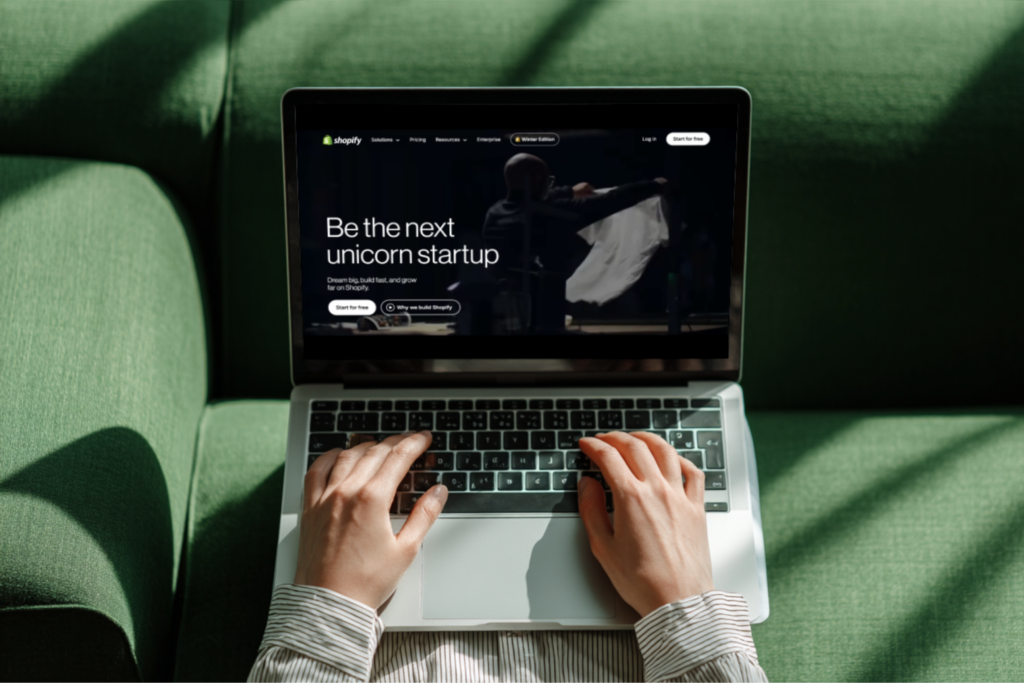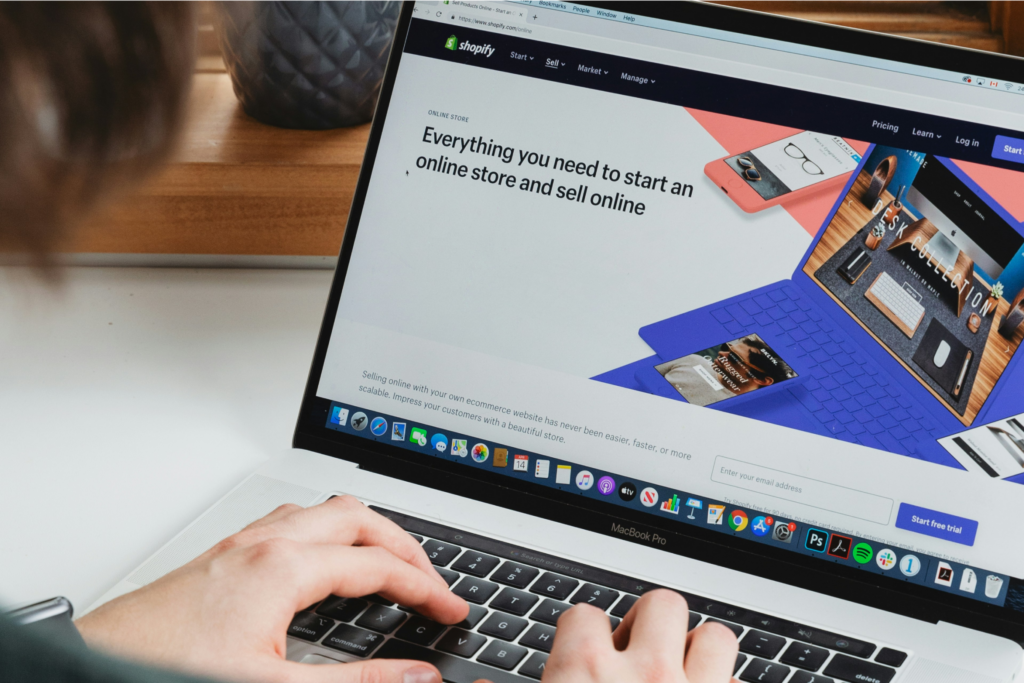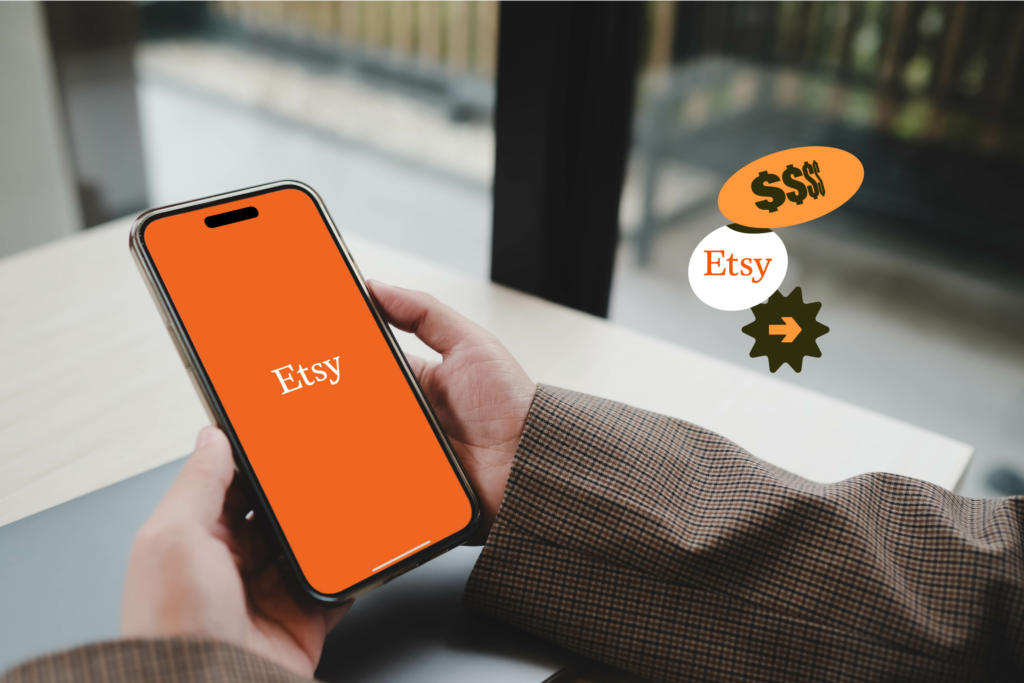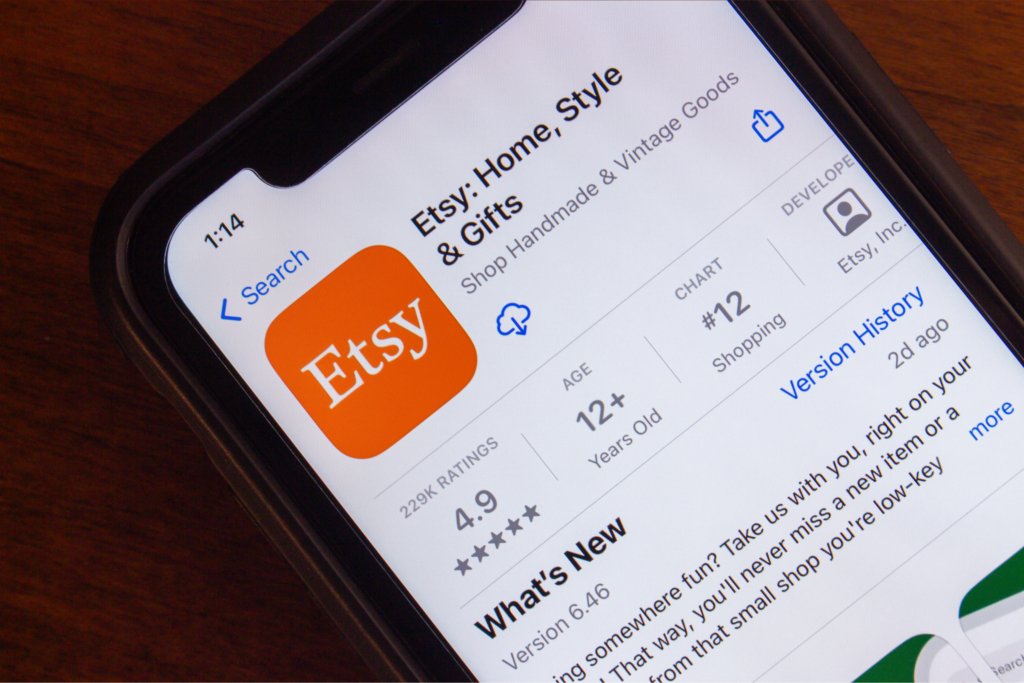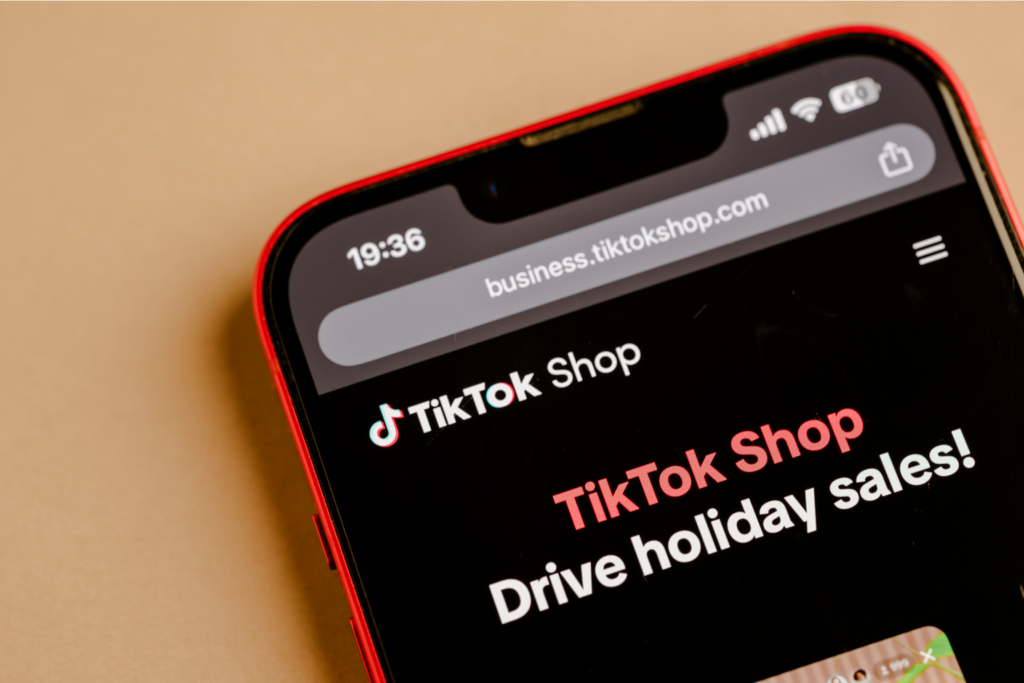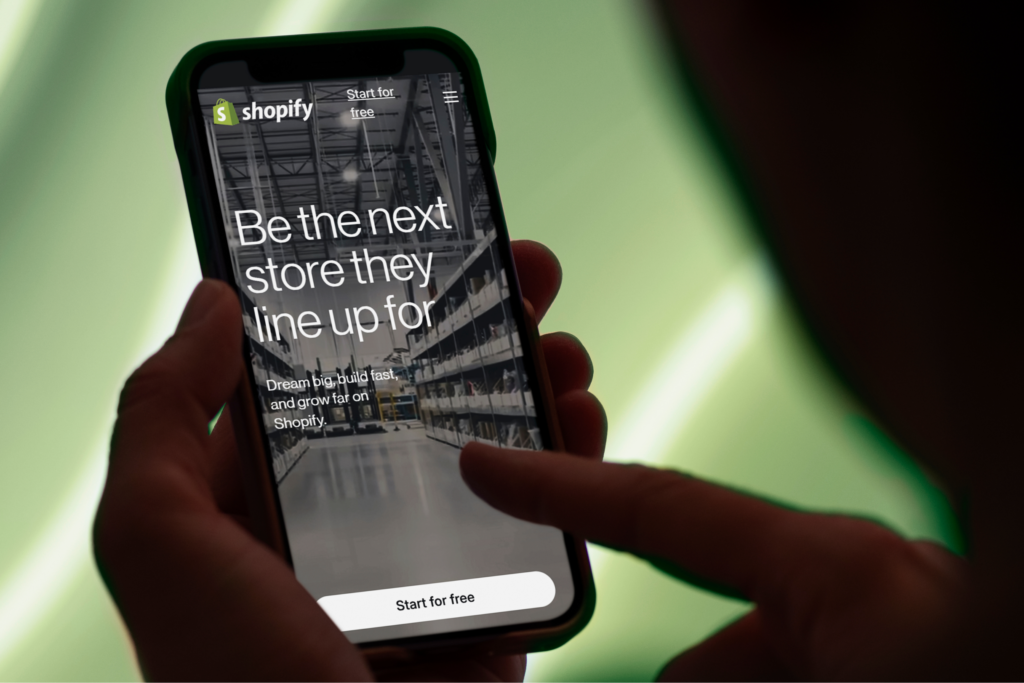Sell custom products without inventory
Trying to decide between white label vs private label for your online store? Whether you’re selling on Shopify, Etsy, or Amazon, choosing the right model is critical to building a brand and growing your profit margins.
We’ll explore how each model works, what sets them apart, and how to use Printify to launch and grow your own successful custom clothing business.
Key takeaways
- Understanding white label versus private label helps you choose the right business model based on branding control, cost, and customization.
- Private-label products give you more control over design, branding, and manufacturing, but require a higher upfront investment.
- White label is ideal for quick launches, lower costs, simple branding, and flexibility in testing product ideas.
- Printify makes selling custom products accessible with white labeling options. It’s free to start, and we handle all production and fulfillment – perfect for beginners.
This post may contain affiliate links, which means we may earn a commission if you make a purchase through those links. This comes at no additional cost to you.
What is white labeling?
With the white labeling method, a company sells products manufactured by a third-party provider under its own brand name.
The seller doesn’t change the core design or function of the base product but rebrands it with their custom designs, logo, and packaging.
In other words, the same product produced by a white-label manufacturer can be sold by multiple retailers, each using their own branding. Since these products are ready for market, sellers can focus on promotion and sales rather than product development.
Example of white labeling
A business purchases a batch of pre-made fitness supplements from a white-label provider, adds its company’s brand label, and resells the product online. Another seller may sell the exact same product, but with a different brand identity.
Pros of white labeling
- Fast time-to-market
- Lowerupfront investment
- No need to manage the supply chain
- Minimal involvement in the production process
Cons of white labeling
- Limited customization of the core product function
- You may sell products identical to other brands
- Less product differentiation in saturated markets
- Limited control over product quality
Want to build your brand with low startup costs? Start with these white-label products you can sell today.
What is private labeling?
This model involves partnering with private-label manufacturers to produce high-quality products that are sold exclusively by your brand. You have more control over product specifications, packaging, and overall branding.
Unlike white-label products, private-label brands sell items that are not available from other sellers. This helps establish stronger brand loyalty and brand recognition, especially for private-label companies focused on exclusivity.
Example of private labeling
An online skincare business works with a third-party manufacturer to develop a unique face serum with custom ingredients, packaging, and branding. The formula and design are exclusive to that private label and can’t be sold by other retailers.
Pros of private labeling
- Full control over your product line
- Ability to create a strong brand identity, down to the core product
- Higher profit margins due to exclusive products
- Better alignment with your target market
Cons of private labeling
- Higher startup costs
- Longer manufacturing process
- Requires detailed market research
- More involvement in managing the supply chain
Looking to combine private labeling and dropshipping? Learn how in our private-label dropshipping guide.
Key differences: White label vs private label
Understanding the key differences between white label vs private label will help you align your strategy with your brand goals. Here’s a comparison guide to help you:
| Feature | White label | Private label |
|---|---|---|
| Customization | Possible with Print on Demand | Extensive |
| Product ownership | Generic and shared with other sellers | Exclusive to your brand |
| Go to market readiness | Fast | Slower |
| Cost | Low setup costs | Higher upfront costs |
| Branding flexibility | Limited (logo, packaging) | Full customization |
| Branding strength | Moderate | Stronger brand recognition |
| Common use case | Print-on-demand products, quick sales | Exclusive products, brand building |
Both white labeling and private labeling are popular in eCommerce. Choosing between them depends on whether you prioritize speed and simplicity (white label) or exclusivity and control (private label).
How to choose the best option for you
To determine whether white label vs privatelabeling is right for your business, consider the following steps.
1. Define business goals
Identify what you’re trying to achieve. Do you want to launch quickly and test different product ideas, or are you committed to building a long-term private-label brandwith a clear core product?
If you’re looking for speed, white-label services let you launch quickly. If you want more control over product development, the private-label process offers more freedom to build something that’s 100% unique.
Ask yourself:
- Am I testing market demand and exploring different niches?
- How important is product differentiation to my business model?
2. Assess the costs

Private-label products require investment in custom packaging, product development, and manufacturing. You also need to purchase inventory upfront and account for storage or supply chain coordination.
White-label products can be launched with lower investment, especially when combined withprint-on-demand platforms like Printify. You don’t need to hold inventory or manage shipping, which makes it easier to test a new product line or respond to seasonal demand.
Factor in product costs, design fees, and marketing efforts when comparing both models. Be sure to account for long-term expenses tied to scaling, product customization, and fulfillment.
3. Evaluate product needs
Certain products are better suited for private labeling, especially if you require custom formulas or unique materials for specific performance claims. This is often the case with cosmetics, supplements, or other specialty private-label products where differentiation is key.

If you’re focused on everyday items like t-shirts, mugs, or stationery, white-label services may be all you need. Choose from a ready-made product line, apply your brand name or design, and include custom packaging and inserts.
Use market research to define what your target audience is looking for – whether it’s personalization, product quality, or price. This will help you select the right approach and build a catalog that reflects your brand.
4. Consider the timeline
White-label manufacturing is ideal when speed matters. You can launch products quickly without delays from development or prototyping, making it a strong option for capitalizing on trends, running seasonal campaigns, or testing new ideas with minimal risk.
In contrast, private labeling typically requires more time for custom product development, sampling, and coordination with private-label manufacturers. These steps offer greater control but also slow down your launch.
If you’re working with short timelines or want to test before scaling, white labeling is the more practical and efficient choice.
5. Analyze branding strategy

Planning to include product inserts, custom labels, or packaging? These elements enhance the customer experience and are easier to implement with private-label services, especially when combined with strategies like limited-edition designs.
However, some white-label services allow branding through packaging or tags. For example, Printify supports branding inserts to help sellers reinforce their brand identity and stand out against generic products.
6. Explore fulfillment options

Working with print-on-demand platforms like Printify makes white labeling easy. You choose a product, upload your design, and sell under your company’s brand without holding inventory.
This setup is ideal for creators focused on selling products quickly without managing their own manufacturing or logistics.
While full private-label manufacturing isn’t available with Print on Demand, you can still personalize products and packaging inserts to create a custom shopping experience.
Looking for inspiration? Explore our complete guide towhite-label clothing and discover top product ideas, customization tips, and branding strategies.
How to start your white-label brand with Printify
Printify empowers sellers to create and sell white-label products with ease, combining low startup costs with automatic fulfillment. Browse the Printify Catalog and start designing white-label products immediately.

Here’s how to get started:
- Create a free Printify account – Set up your account in minutes to access product options and fulfillment tools.
- Browse the Printify Catalog – Choose from over 1,300 customizable products like clothing, mugs, bags, and home decor.
- Use the Product Creator – Upload your artwork, add text, and place your logo directly on the product.
- Enable branding options – Where available, add packaging inserts or branded neck labels to strengthen your brand identity.
- Connect your store – Sync with platforms like Shopify, Etsy, or others to publish your product listings.
- Start selling – Once orders come in, Printify handles printing, packing, and shipping on your behalf.
While the products are not custom-designed from scratch like private labeling, this hybrid model gives you a simple way to build and scale your brand using custom white-labelproducts.
With the right designs, packaging, and store presentation, you can stand out even when working with generic product blanks – all without needing warehouse space or managing a supply chain.
FAQ
To white label a product means to take a ready-made item from a third-party manufacturer and resell it under your own brand. The product is not exclusive to your business and may be sold by other retailers under different labels.
There’s no universal answer. White labeling is better for quick launches and minimal costs, while private labeling is ideal for creating exclusive product lines and building brand loyalty. Your goals, timeline, and budget should guide your decision.
White-label products can be sold by multiple companies under different branding. Private-label products are made from scratch and sold exclusively under one company, giving full control over branding, design, and distribution.
The difference mainly revolves around control, cost, and product differentiation.
- Generic products – Basic, low-cost items with minimal to no branding.
- Lookalike brands – Products inspired by other brands or trending items at lower prices.
- Premium private labels – High-quality products with standout branding.
- Value innovators – Great quality products priced competitively to offer value.
Summary
Choosing between a white-label vs private-label business model is crucial for eCommerce success. Both models support growth, as long as it’s aligned with your brand goals and target audience.
If you want to sell custom products with ease, focus on fast scaling, or test new product ideas, white labelingwith Print on Demand is a fantastic choice. If you’re looking to build a brand with custom features, higher margins, and full control, selling private-label products may be worth it – but remember the higher startup costs.
Just starting out or looking to expand your product offerings? Printify is a flexible entry point, helping you build a recognizable, profitable brand – without the logistical fuss.




